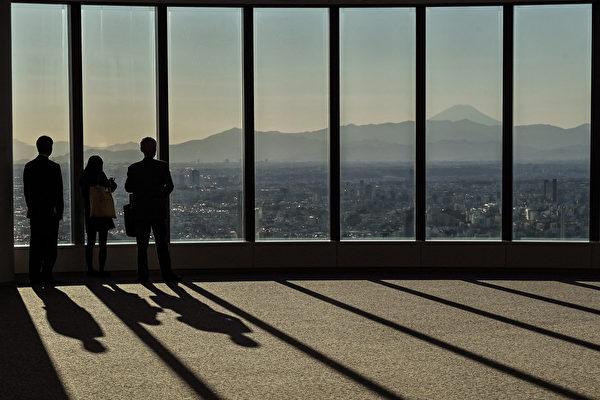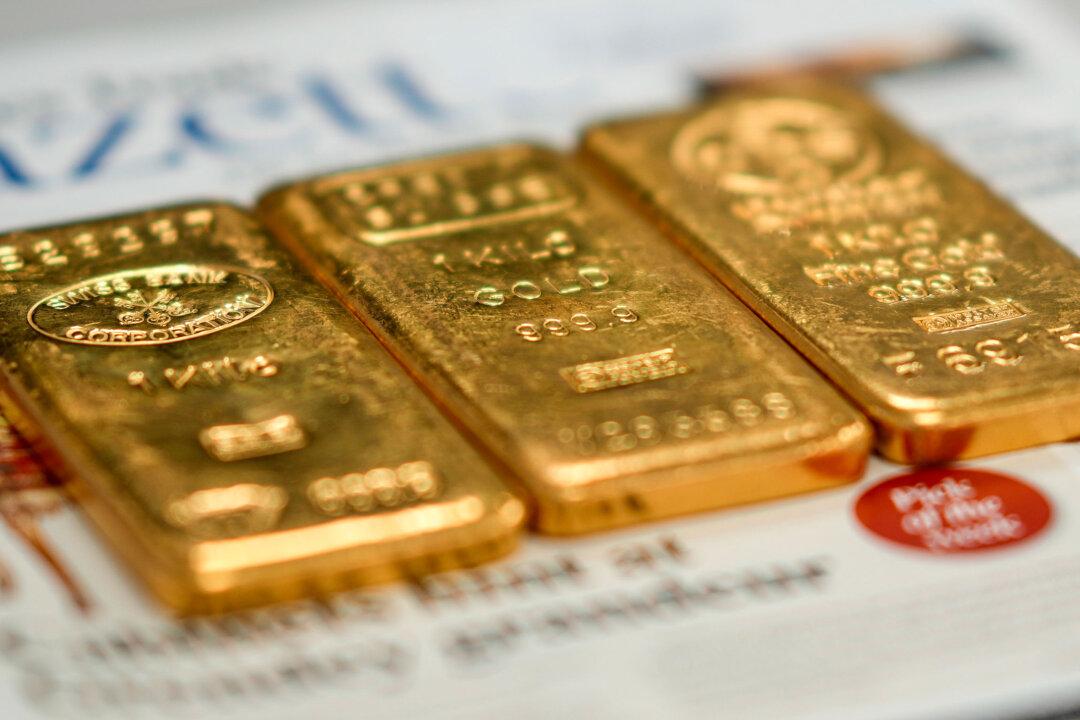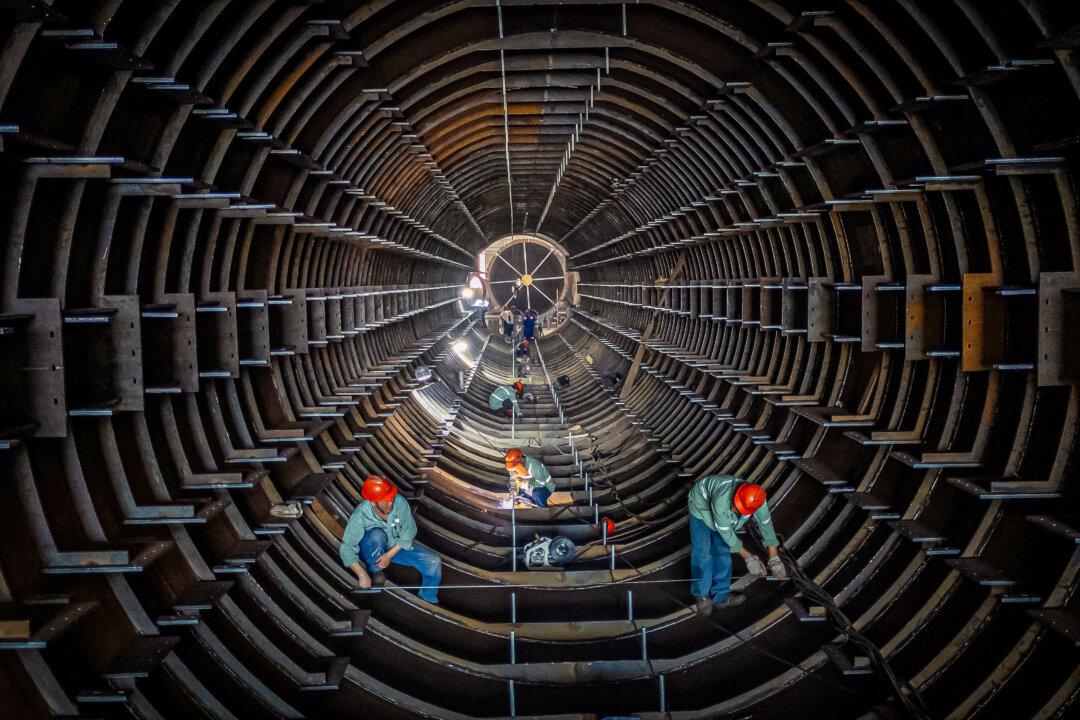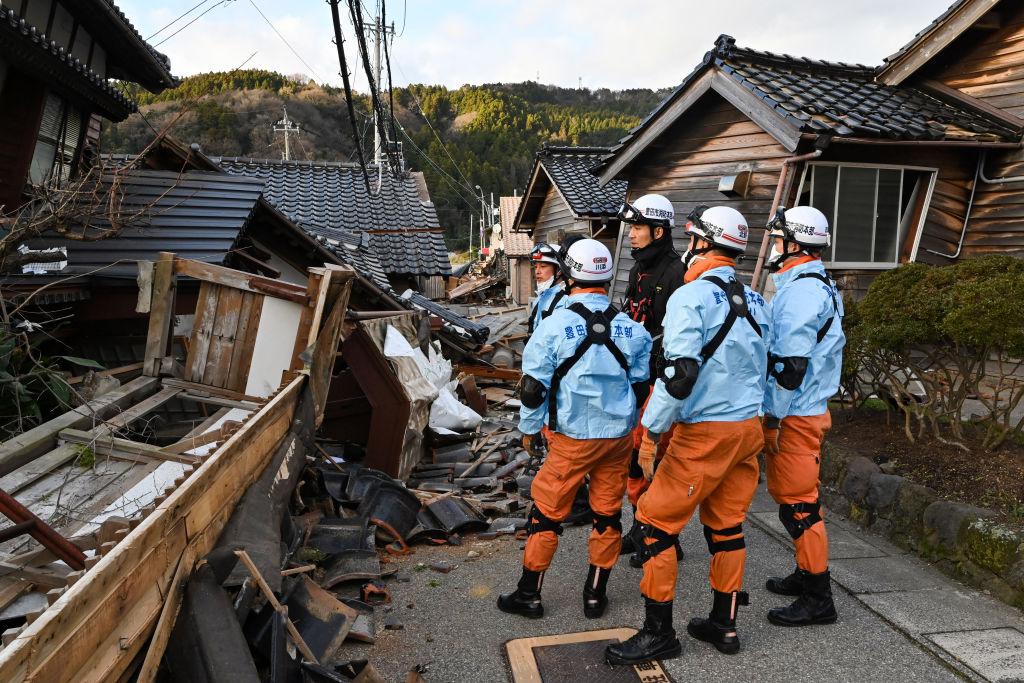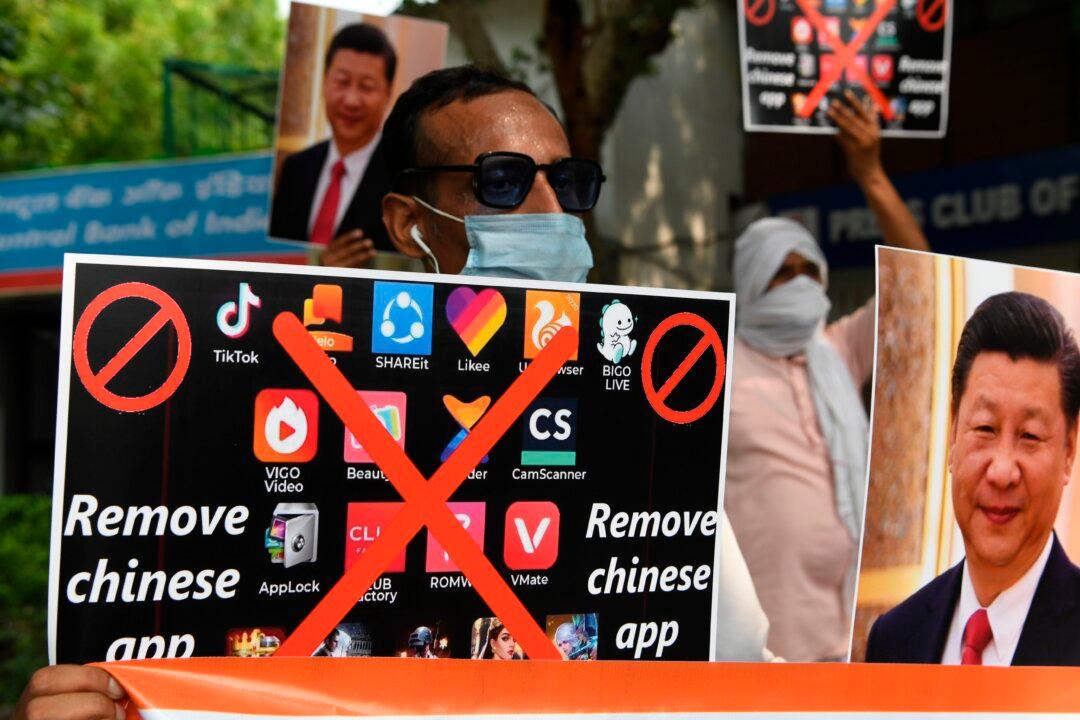Faced with stringent controls imposed by the Chinese Communist Party (CCP), a growing number of wealthy Chinese citizens are taking steps to protect themselves and their assets by purchasing real estate in Japan.
Data from the CCP’s State Administration of Foreign Exchange reveals that the net outflow of funds from China in September 2023 reached an unprecedented $53.9 billion, its highest level since 2016. The prevailing political and economic uncertainties in China, exacerbated by the CCP’s revised anti-espionage law, escalating tensions in the Taiwan Strait and South China Sea, and a mass exodus of foreign enterprises, have fueled the transfer of assets overseas by affluent Chinese individuals.
